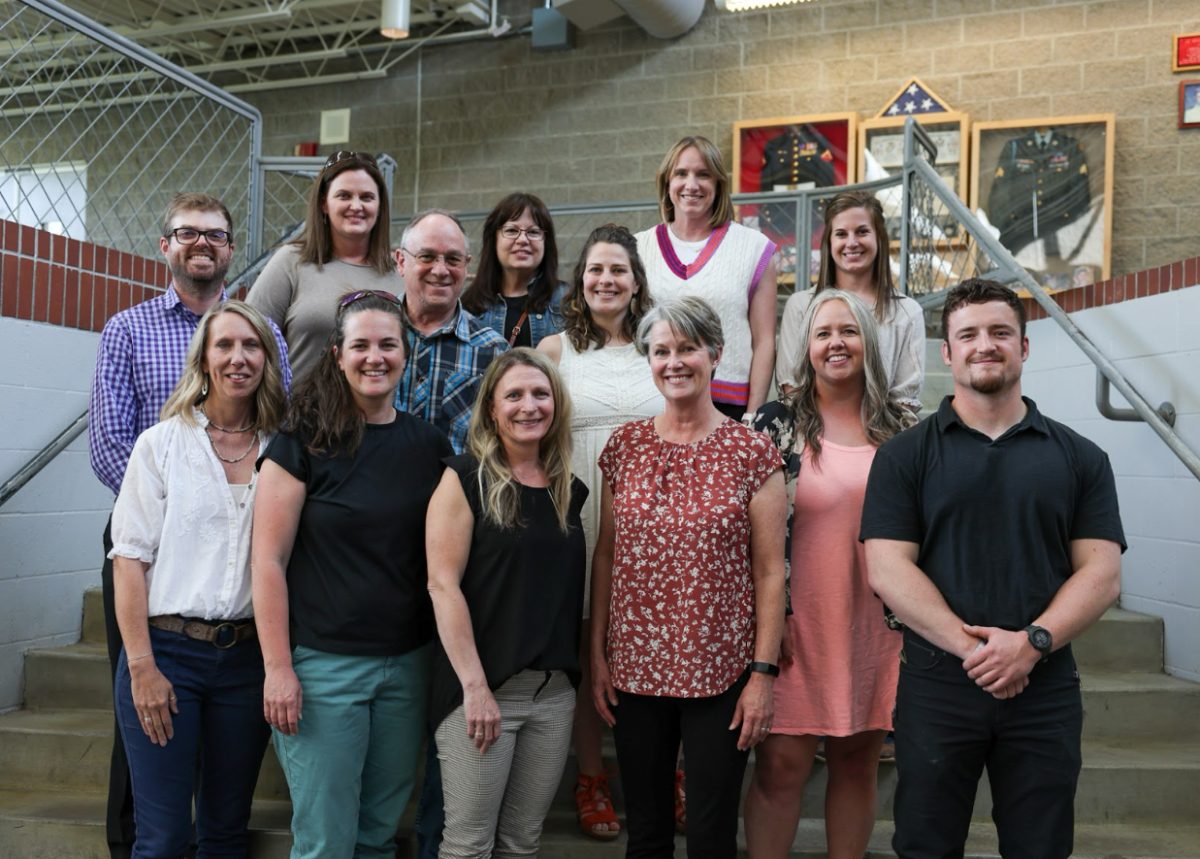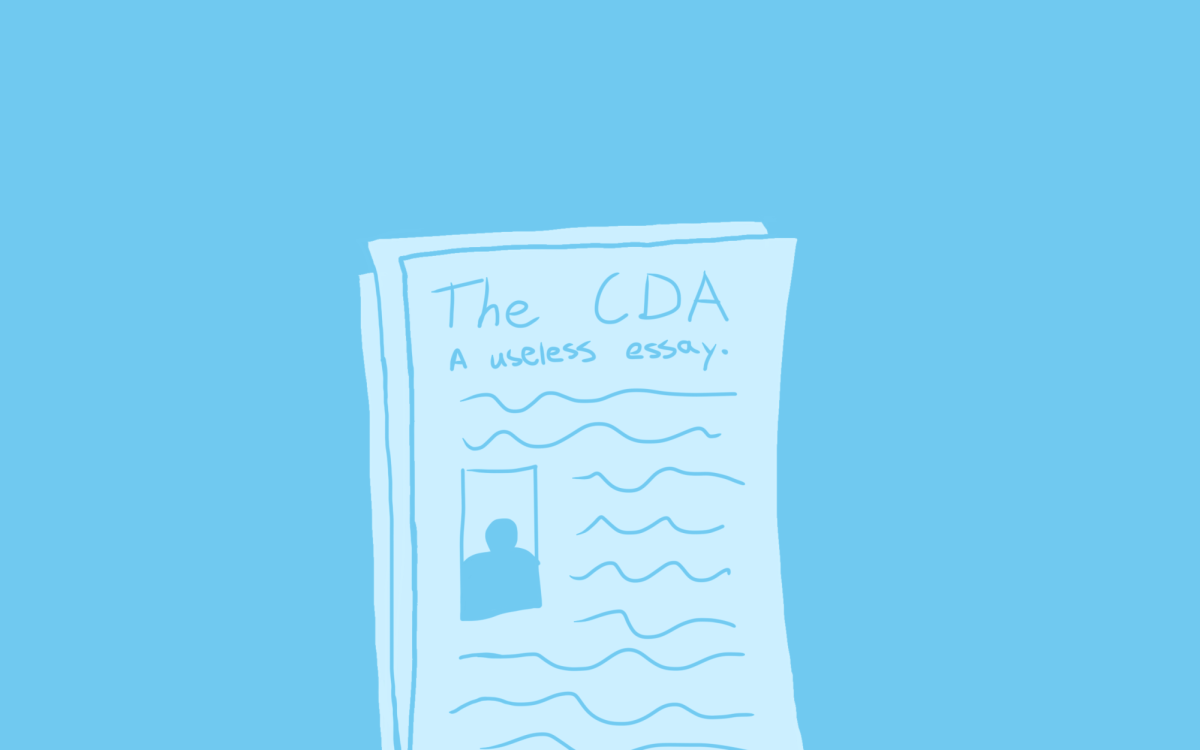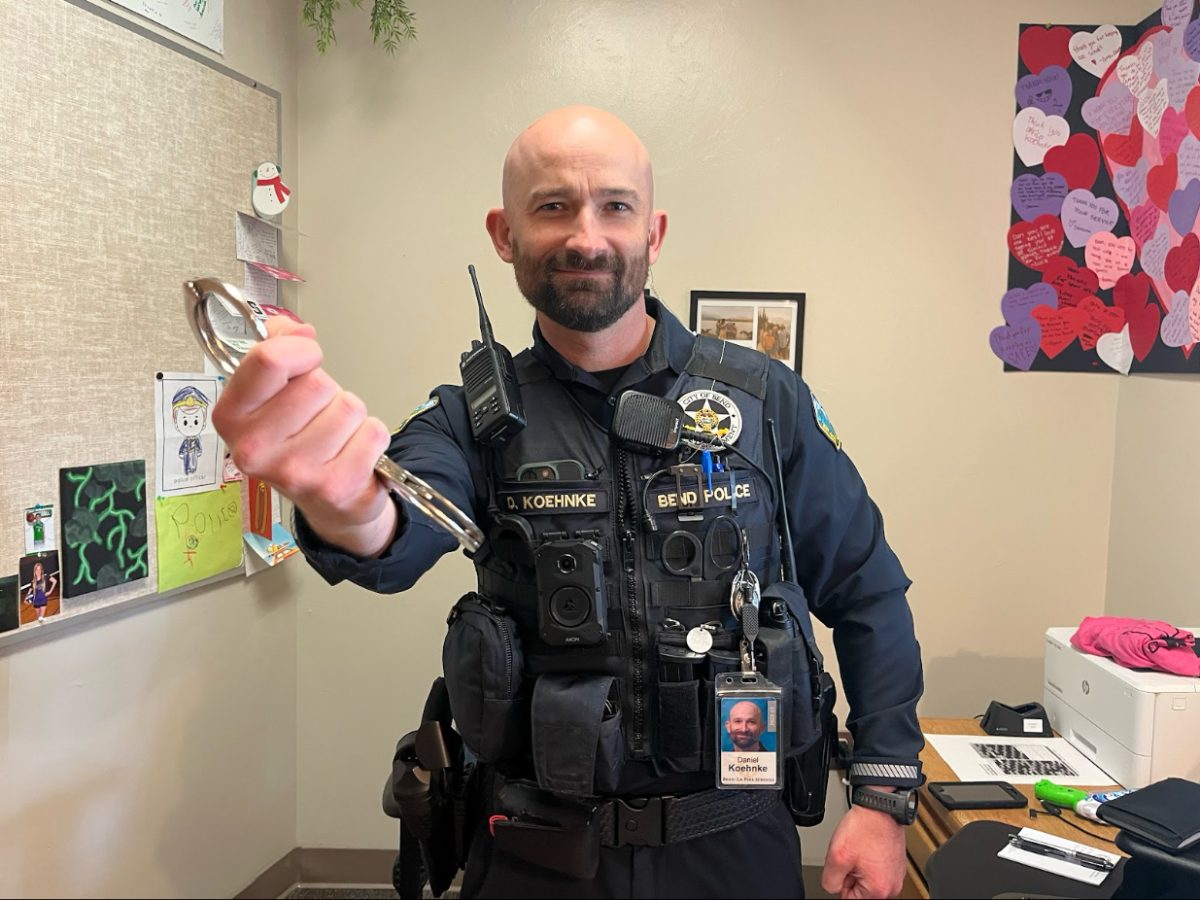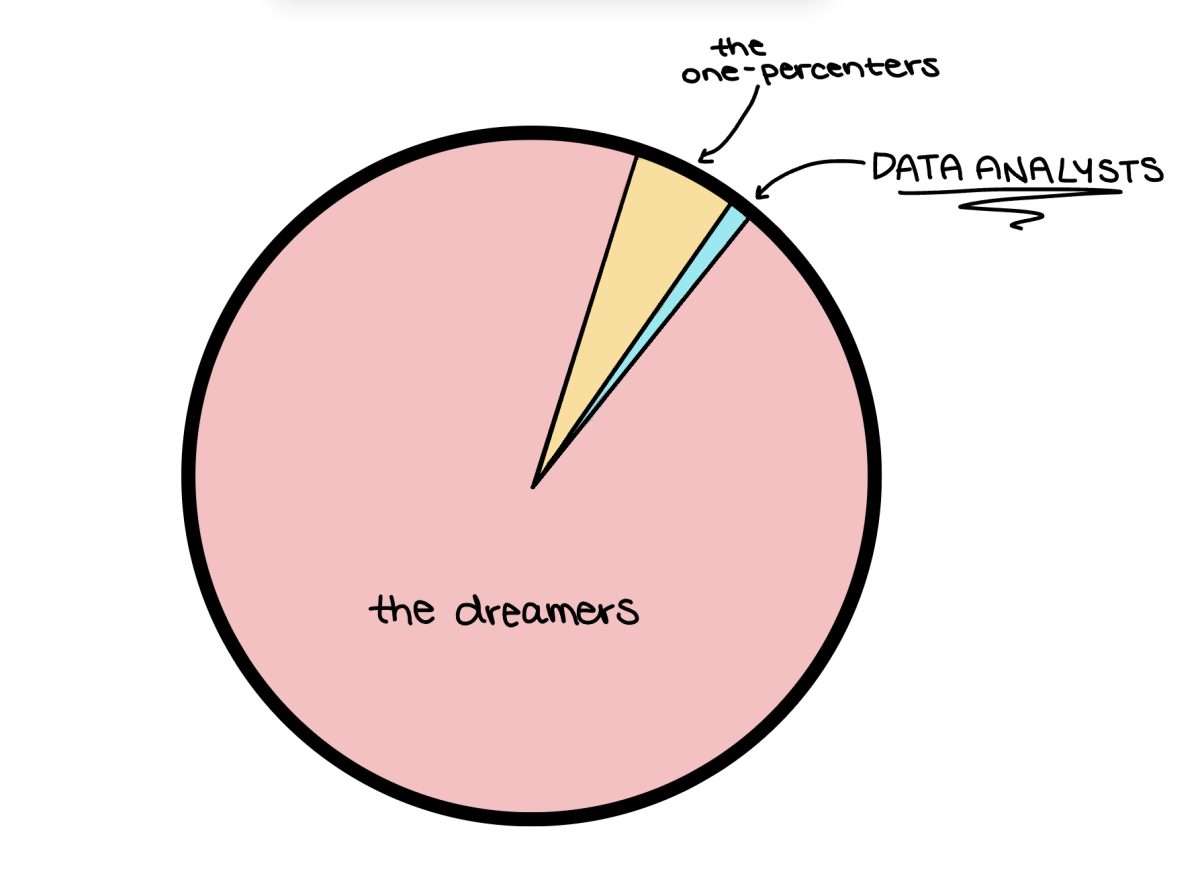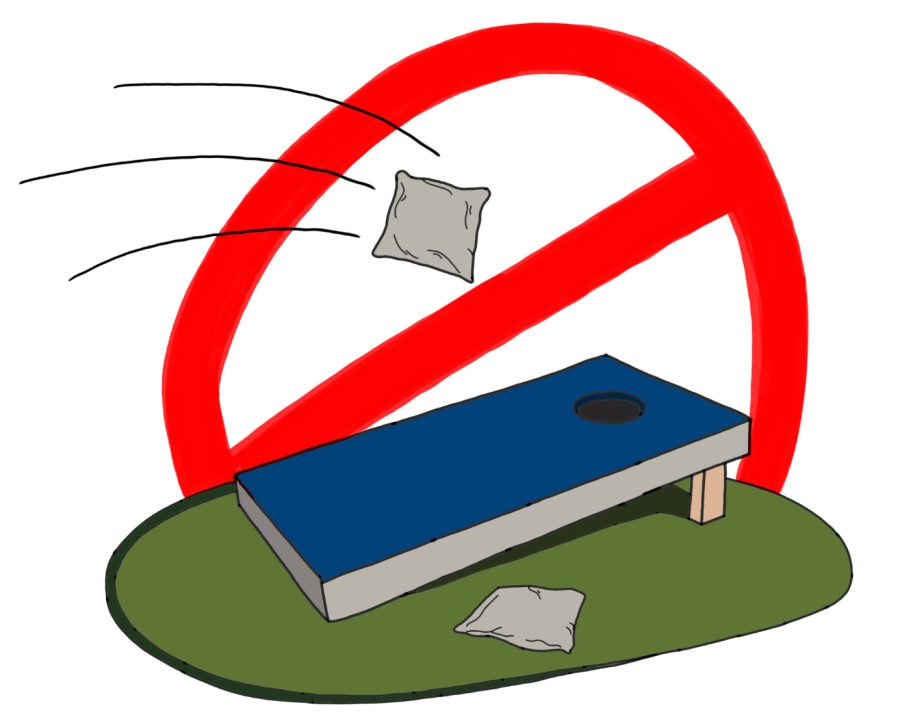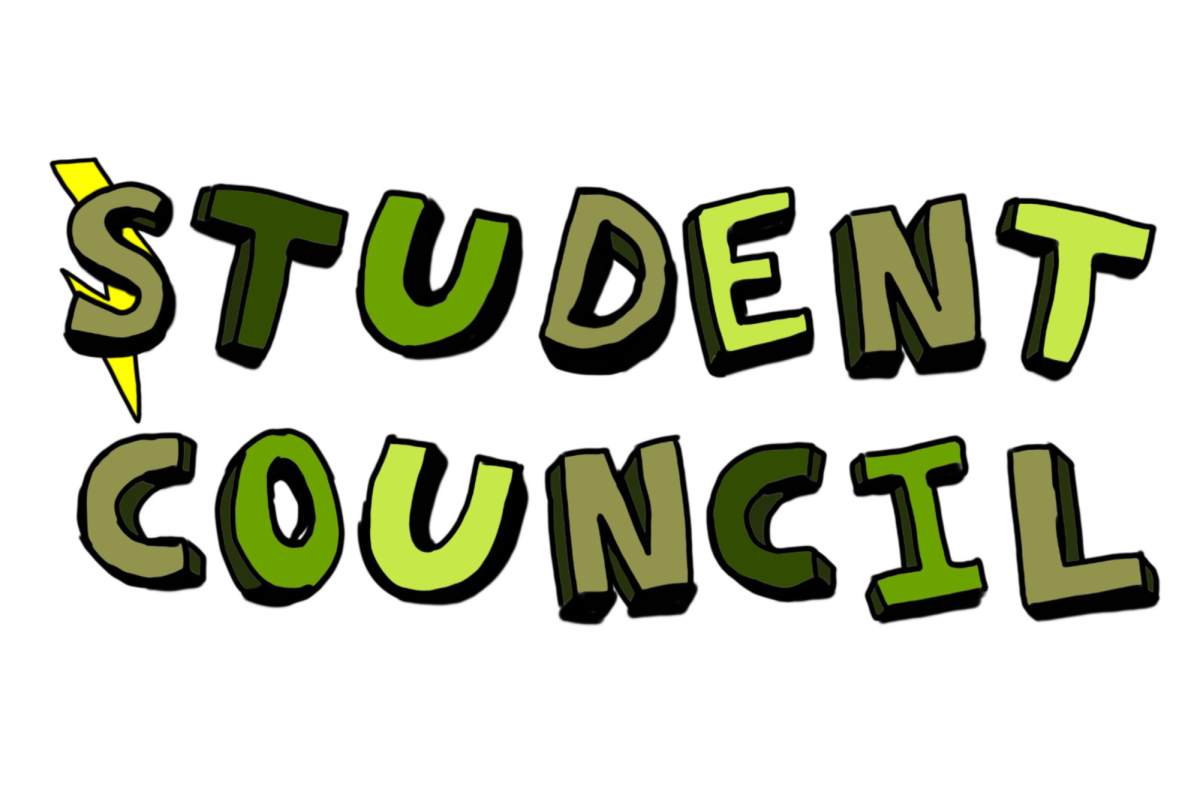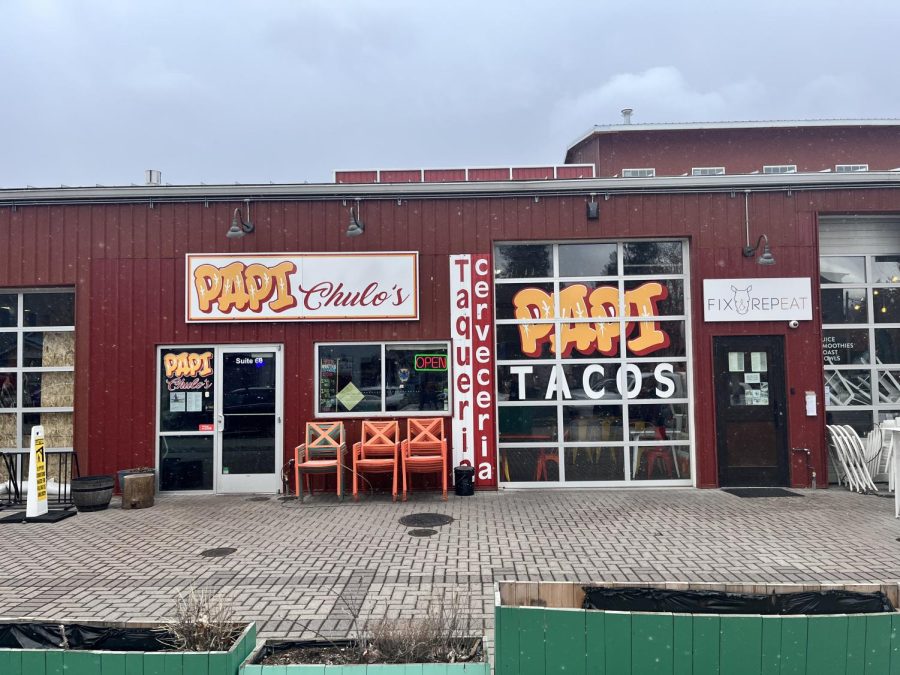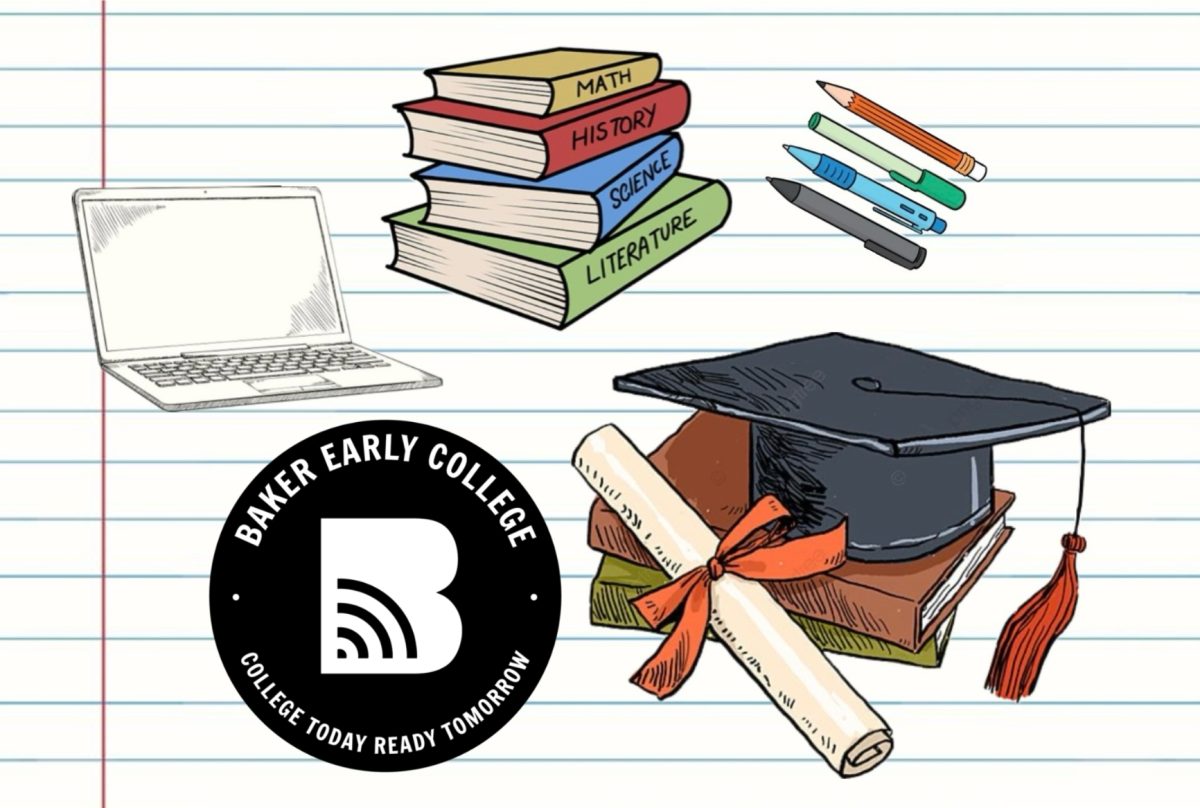We’ve all been to those family gatherings where any relative over the age of 40 leads with the question: “what do you want to do when you grow up?” This default subject is something many high school students are harassed with constantly. It’s hard to know what the right path into the future is, but one option can be early college.
With the increased pressure to get ahead in school, many students have turned to these early colleges, specifically Baker, to further their education. Baker Early College is an Eastern Oregon-based dual enrollment program that offers opportunities to ninth through twelfth graders to earn high school and college credits simultaneously. This program allows students to go to their local community college to take a broader range of courses.
There is a wide range of students taking part in this program, but a majority have an end goal of graduating high school early and with their associates already completed before transferring to a four-year university.
Baker Early College offers free tuition and funds 12 college credits per term. This helps students get ahead academically while potentially saving time and money in pursuit of a degree. The credits being funded is a major benefit, especially to those at an economic disadvantage as it moves them towards a degree at a lessened cost.
This accelerated learning can provide a head start in higher education and open doors to advanced coursework earlier than traditional high school pathways. Additionally, early colleges often expose students to a more rigorous academic curriculum, preparing them for the challenges of university-level studies.
“I really liked Summit, but I wanted to feel more challenged and be surrounded by students who cared more about their education,” said Colette Lorge, a former Summit student enrolled in Baker Early College.
These programs often provide students with access to college resources and facilities, such as libraries, laboratories and professors, fostering a sense of independence and self-reliance. Additionally, the supportive community within early college programs can offer mentorship and guidance as students navigate the transition to higher education. These experiences can instill valuable skills in time management, self-discipline and critical thinking, which are essential for success in both academic and professional settings.
“It was hard to transfer, and get used to the new teaching styles,” said Lorge, who’s currently working towards her Associate of Arts. “For example, I wasn’t used to the three hour long lectures. They also require more of you, they expect you to be independent and honest, they don’t mess around and give you as many chances as say high school teachers do.”
The intensity of early college programs can be a double-edged sword. While this more structured environment may be appealing to some, the early college model may not be suitable for every student. Some students may struggle to keep pace with the demanding workload. The pressure to excel academically at such a young age can lead to stress and burnout, impacting students’ mental health and overall well-being. Moreover, the social dynamics of early colleges may differ from traditional high schools, potentially isolating students from their peers and limiting opportunities for extracurricular involvement and social development.
Those who thrive in a more traditional high school setting with a broader range of extracurricular activities and social interactions may find the structure of early colleges restrictive. The emphasis on academic achievement in early colleges may overshadow other aspects of personal growth, such as leadership, creativity and interpersonal skills.
“This [feeling of isolation] may be particularly true when students find themselves surrounded by peers who are in different life stages, leading to a lack of commonalities,” said Summit counselor Lori Craft.
Ultimately, whether early colleges positively or negatively impact students depends on their individual needs, preferences and readiness for the unique demands of these programs. So if you’re considering attending an early college, make sure you understand your personal learning style to ensure the program would be a good fit.


